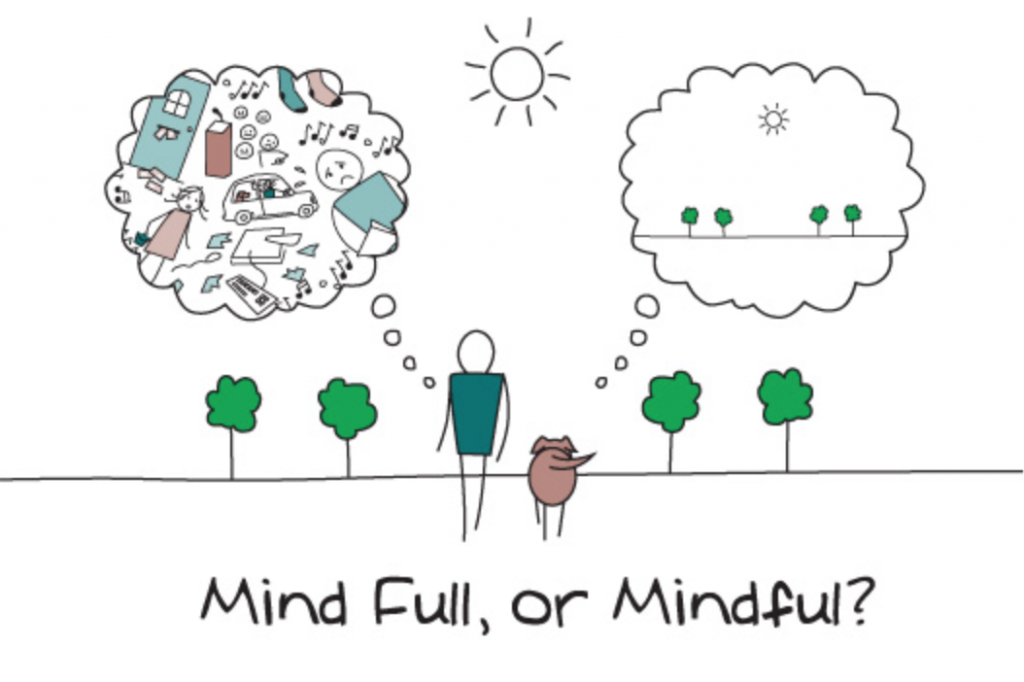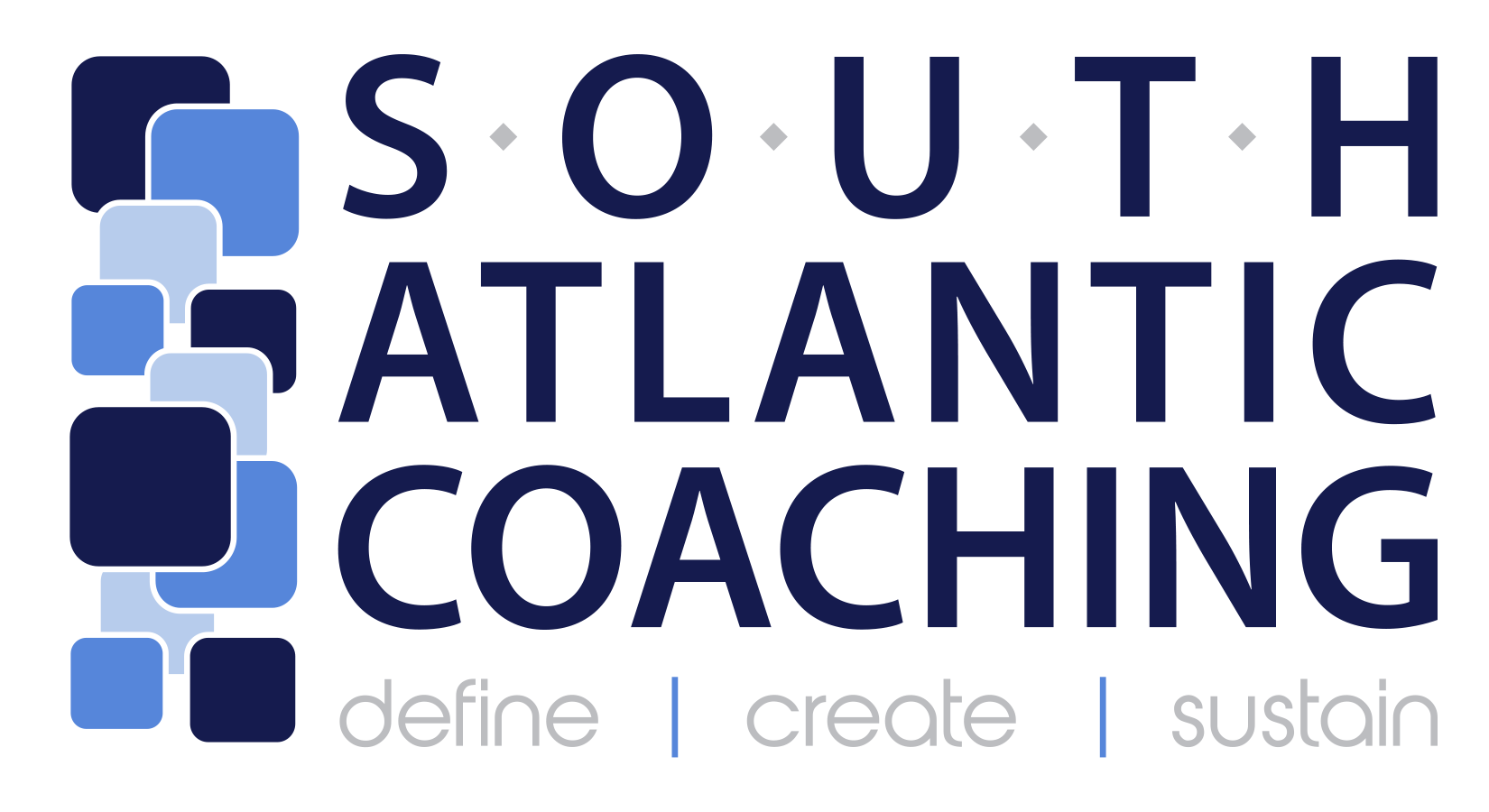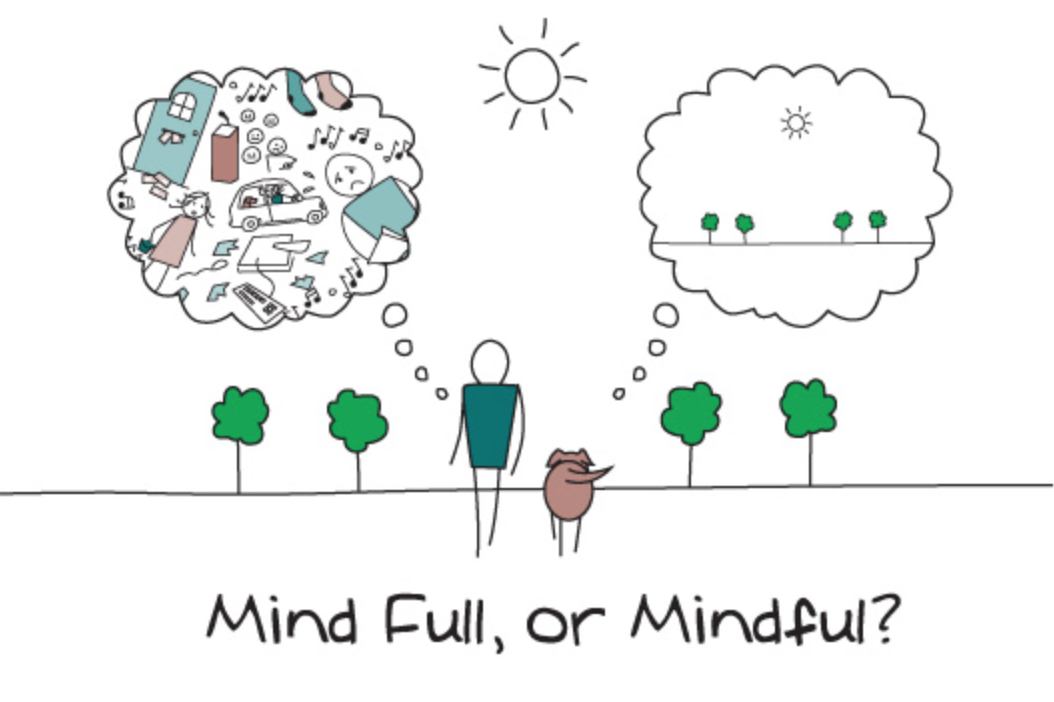 I read this blog earlier this week and thought it warranted sharing. The word mindful is popping up everywhere in my work. This blog gave me a “take-away”. Even though teaching and ministry have their own unique set of opportunities and challenges the underlying theme is the same: produce, produce, produce! After I read Shirely and McDonald’s quote below, I was reminded of the fire drill lessons of childhood: stop, drop and roll. What would it look like if we were to use that same method in Ministry? When we find ourselves in the rush of action plans: Committee meeting agendas, 102 emails, SWAT analysis, long-range planning, staff meetings, deadlines and production deadlines, what would happen if we were to STOP, REFLECT and ATTEND? – debbie
I read this blog earlier this week and thought it warranted sharing. The word mindful is popping up everywhere in my work. This blog gave me a “take-away”. Even though teaching and ministry have their own unique set of opportunities and challenges the underlying theme is the same: produce, produce, produce! After I read Shirely and McDonald’s quote below, I was reminded of the fire drill lessons of childhood: stop, drop and roll. What would it look like if we were to use that same method in Ministry? When we find ourselves in the rush of action plans: Committee meeting agendas, 102 emails, SWAT analysis, long-range planning, staff meetings, deadlines and production deadlines, what would happen if we were to STOP, REFLECT and ATTEND? – debbie
by Michael Jinkins | Sep 29, 2015
https://www.lpts.edu/about/our-leadership/president/thinking-out-loud/thinking-out-loud/2015/09/29/the-dopeler-effect
Seminary trustee and friend, Sumpter Logan, sent me an email recently presenting the results of the “Washington Post’s Mensa Invitational.” Each year, readers are invited to take a word from the English dictionary and alter it. You can add, subtract, or change a letter in the word, and provide a new definition. There are some great new words here. Some of the funniest can’t be shared in this blog. But one of my favorites was, “the dopeler effect,” which is defined as, “The tendency of stupid ideas to seem smarter when they come at you rapidly.”
Andy Hargreaves and Michael Fullan, in their excellent study, Professional Capital: Transforming Teaching in Every School (New York: Teachers College Press, 2012), observe that one of the factors that can improve learning in schools is “mindful teaching.” They mention research done by Liz MacDonald and Dennis Shirley with a group of urban Boston public school teachers who are proponents of “mindful teaching.”
“One of the seven principles of mindful teaching these teachers developed was simply ‘stopping’ – ‘reflecting on the rush of events and attending to forms of learning … that find scant realization’ in a test-driven curriculum. What prevents mindfulness and reflection, MacDonald and Shirley say, is not lack of willingness by teachers, but a school environment that is overloaded with tests and targets, awash with data and spreadsheets, and overcome by a frequent frenetic rush of endless interventions.” (Hargreaves and Fullan, Professional Capital, 98.)
Their book, incidentally, which was jointly published in 2012 by the Teacher’s College Press of Columbia University in New York and the Ontario Principals’ Council in Canada, won the prestigious Grawemeyer Award in Education from the University of Louisville last year.
Their observation is astute, and not only for schools. Virtually every aspect of our society operates as though it were addicted to speed (both the pharmaceutical and the temporal varieties). Tests and targets, data and spreadsheets, the rush of endless interventions, as well as demands for instant results, instant feedback, instant judgments, instant gratification; we are surrounded by a churning rush of high reactivity that feeds on itself and is aided and abetted by technologies and “news” media encouraging every reply to be as brief and as fast as possible and to be disseminated broadly. In such a culture, “the dopeler effect” threatens to make dopes of us all.
Hargreaves and Fullan explain further: “Our point is that mindfulness must be cultivated and that the norms and conditions of work must deliberately foster it.” They advocate for “reflection about action,” a concept they have adapted from Donald Schon’s widely-respected work on “reflective practice.” [Schon’s books, the first of which is over thirty years old, remain valuable for teachers and other professionals, The Reflective Practitioner: How Professionals Think in Action (New York: Basic Books, 1983); and Educating the Reflective Practitioner: Toward a New Design for Teaching and Learning in the Professions (Hoboken: Jossey-Bass, 1987)].
Schon described “reflecting in action,” as the ability to think through a situation or a problem while you are in the midst of it, making adjustments and improvising as necessary in the midst of a changing environment, and “reflecting on action,” as the kind of reflection one engages in when one has completed a task, asking questions, experimenting with alternative scenarios and hypotheses that might benefit future activity. Hargreaves and Fullan advance the practice of mindfulness with their advocacy of “reflection about action,” that is, “reflection about the things in their environment that distract them from what’s important, that get them so immersed in busy activity there is no time left to think, and that are an endless set of responses and reactions to other people’s agendas instead of actions driven by purposes that are teachers’ own.” (Hargreaves and Fullan, Professional Capital, 99.)
The value of their insight is obvious when one is thinking about a harried middle-school teacher, living under the compulsion to insure that students achieve high test scores on standardized exams while deeply concerned also that students learn the kinds of things that will make the students more knowledgeable and wiser; the teachers pressed and shaken by these demands while also being buffeted by conflicting expectations of politicians, school boards, school administrators, parents and (Oh Yeah!!!) a room full of young people supercharged with raging hormones. But the mindfulness Hargreaves and Fullan advocate, cultivating the habit of “reflection about practice” is also valuable for anyone in leadership who is trying to keep an organization moving forward purposefully while the organization’s energy and assets are besieged and threatened by people who want to co-opt them to accomplish private agendas (to mention just one application beyond the classroom).
How do we as teachers, pastors, leaders of various organizations and communities, cultivate this “reflection about practice” so that we can experience less of “the dopeler effect”? Like Jesus once remarked about exorcizing some particularly tenacious demons: “This takes a lot of prayer.” I’m reminded of the example of John Wesley, a founder of the Methodist movement. He was famous for spending hours each morning in prayer, starting at 4 a.m. When asked how it was possible to devote so much time to praying, he replied that if he didn’t pray that much every day, he would never get all his work accomplished. And, yet, prayer, reflection, meditation and contemplation are often scorned by many of those who are most active, virtually guaranteeing that our hyperactivity will be as fruitless as it is frenetic. Indeed, about the only thing that could make “the dopeler effect” worse is the introduction of stimulants. (A sign hung above the coffee maker in the president’s and dean’s suite of a school I once served said, “Drink more coffee! Do stupid things faster and with more energy!”)
Can we be more mindful, more reflective, thus insuring that our practice is more fruitful?
I believe it is possible. Of course, there is the problem that another of the Mensa words reminds us of: “Bozone (n.): The substance surrounding stupid people that stops bright ideas from penetrating. The bozone layer, unfortunately, shows little sign of breaking down in the near future.”


